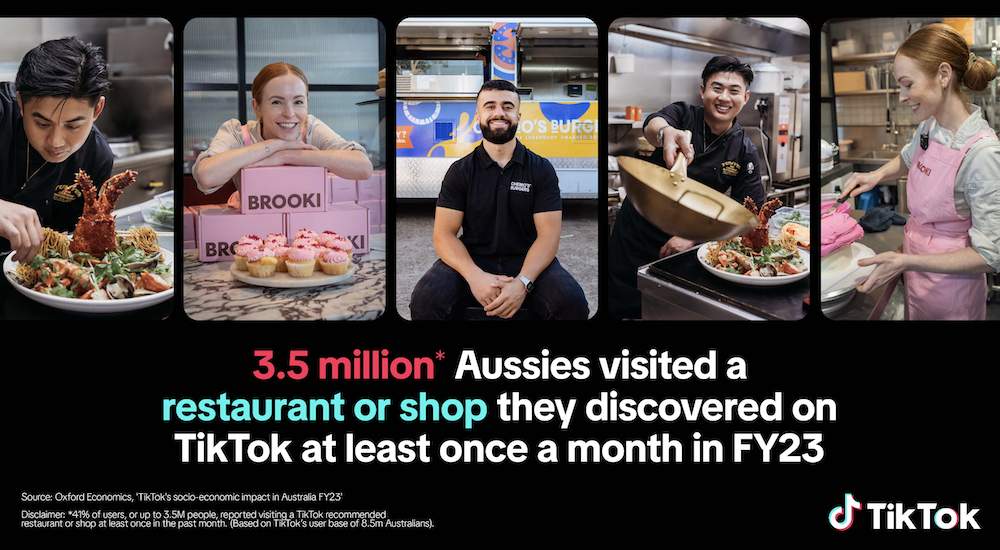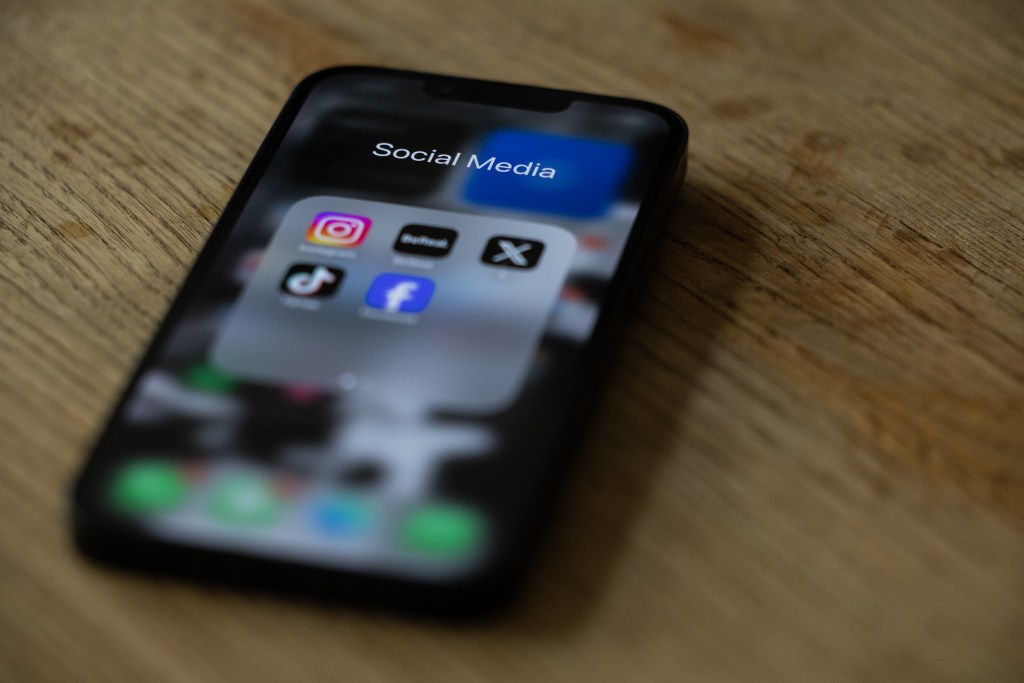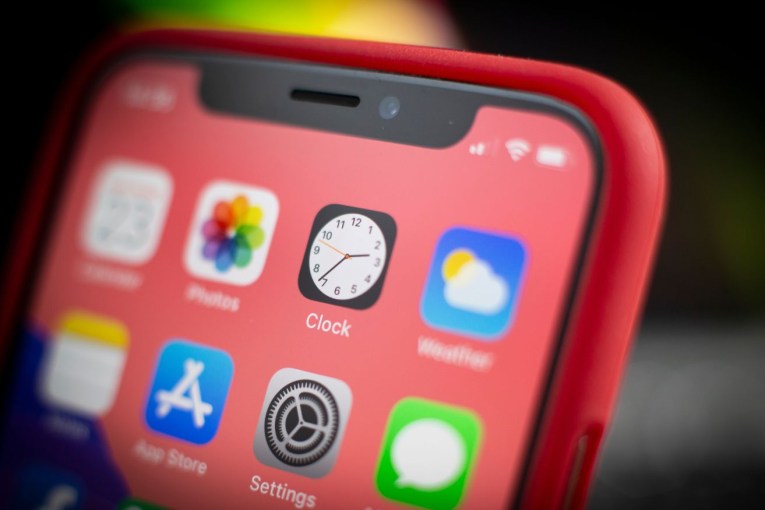TikTok has boosted the economy, but could a ban change that?

Source: TikTok
TikTok has boasted its platform contributed more than $1 billion in GDP to the Australian economy in 2023, but experts are suspicious about the timing of the report’s release.
Last week, the social media platform shared the findings of a study from Oxford Economics.
“With more than 8½ million Australians on TikTok, and more than 350,000 businesses, TikTok is proving to be a powerful tool for businesses, both big and small, and the contribution to the economy and jobs is real,” a TikTok press release said.
According to the report, in 2023, not only did the video-sharing platform contribute $1.1 billion to the Australian economy, but it also supported more than 12,000 Australian jobs.

A report found TikTok injected $1.1 billion into Australia’s economy.
But the report comes just a month after the US House of Representatives passed a bill proposing to ban TikTok if it remained owned by Beijing-based firm ByteDance.
Dr Brent Coker, a digital marketing lecturer at the University of Melbourne, said the platform had become an incredibly important tool for businesses and had surged ahead of other social media giants.
“TikTok was performing better for a lot of marketers, and that’s why they started to switch to TikTok,” he said.
One of the businesses TikTok highlighted in the press release was Brooki Bakehouse, a Queensland bakery run by Brooke Saward.
“Most of my bakery sales come from TikTok, and on weekends there is a queue down the street,” Saward said.
The study found 3.2 million Australian TikTok users had purchased a product or service they discovered through the platform. But Coker warned not all businesses would benefit from advertising on there.
“It’s funny that TikTok often pulls out bakeries and cupcake shops as examples,” he laughed.
“Some businesses are way more suited for TikTok advertising than others. Bakeries are a great example – showing cupcakes, baking them and decorating, all that stuff works really well on TikTok. But if you’re selling insurance or something, then it isn’t the best place for you.”
How influencers are boosting TikTok business
If the US banned TikTok and Australia followed, Coker didn’t believe it would immediately affect Australian businesses using the app to boost their online presence, but it would affect influencers.
Influencers have become some of the greatest marketing tools.
“Consumers tend to trust each other more than they trust what the brand is saying about themselves,” Coker said, adding that these days, because the influencer market is so saturated, many will pick and choose brands they know and love to promote, as opposed to taking money from just any business.
If TikTok is banned, influencers will likely have to revert back to the likes of Instagram, as will businesses. But Coker said it was ultimately unlikely to be too much of a loss for anyone.
“If TikTok disappeared, I think a gap would be left and I’m think, after one month, people will just adjust their behaviours,” he said.
Social media strategist Meg Coffey said the report appeared to be an attempt by TikTok to prove its economic value.
“They’re trying to prove their worth, they’re trying to say before you ban us look at how much we’re worth, and they’re probably trying to get ahead of the game in Australia,” she said.
Coffey said TikTok had clearly delivered an economic boost in some markets and was effective in targeted segments such as books, restaurants and skincare.
“The days of the broad influencer are gone, but these micro or nano influencers who are into niche things can have great success because they’re talking to a targeted audience,” she said.

Influencer marketing has been hugely successful for businesses.
Is TikTok really the problem?
“Every social media platform is going to have issues – there is no good social media platform,” Coffey said.
Nearly any social media or security expert will tell you privacy concerns are not just an issue with TikTok, but every social media platform.
Coker said Meta’s offerings, Instagram and Facebook, and Google were “manageable” by Australia’s local governments and watchdog, the Australian Competition and Consumer Commission.
However, he said Australian authorities struggled to manage TikTok as they did other platforms, through the courts and other means.
Regardless, he was optimistic the government could “keep up” with the rapidly evolving online landscape.
There is a problem unique to TikTok and it is whether the concerns surrounding the platform are wholly relevant, or just prejudice.
“I think we do need to make a distinction and ask, are we simply being prejudiced because it’s a foreign entity that’s ‘taken over’ our population, or is it genuine, that OK, there’s a black box out there that’s potentially harmful and we can’t get access to it,” Coker said.








